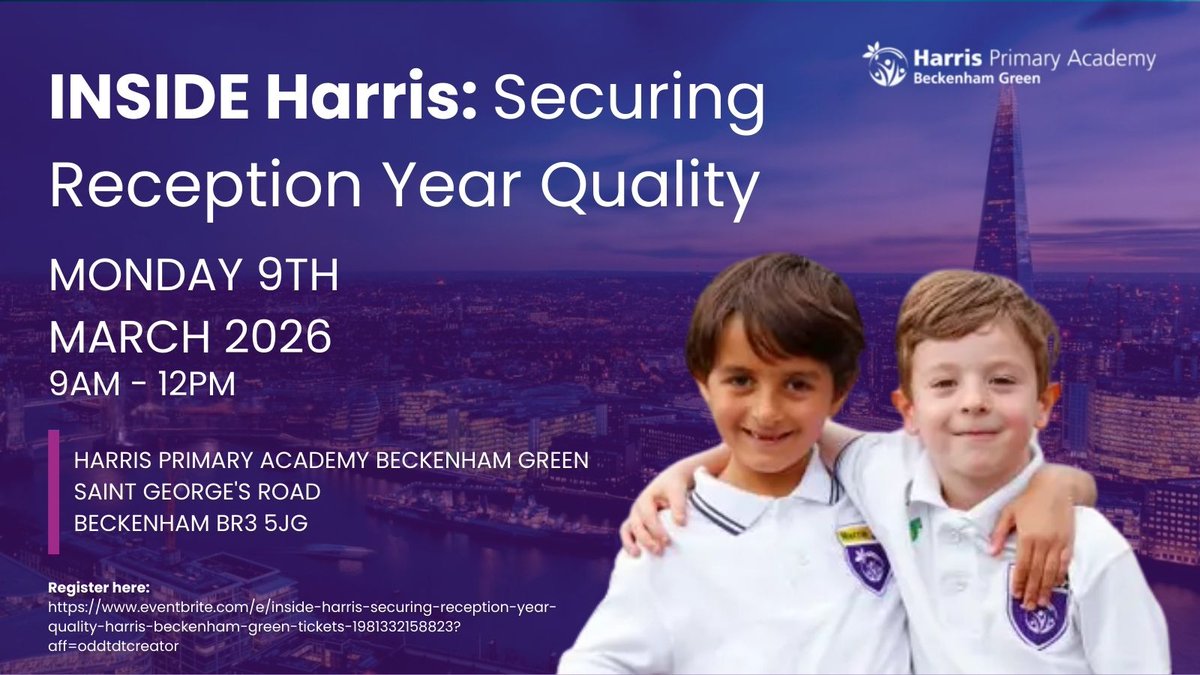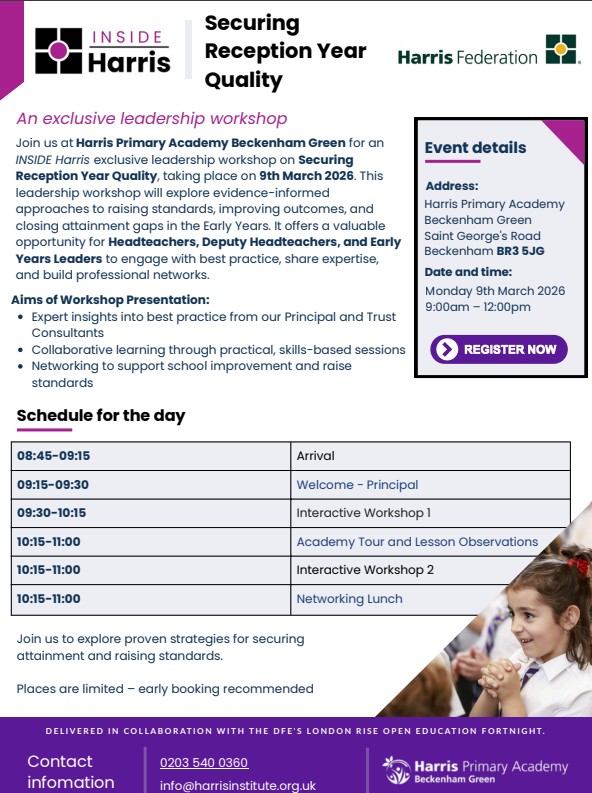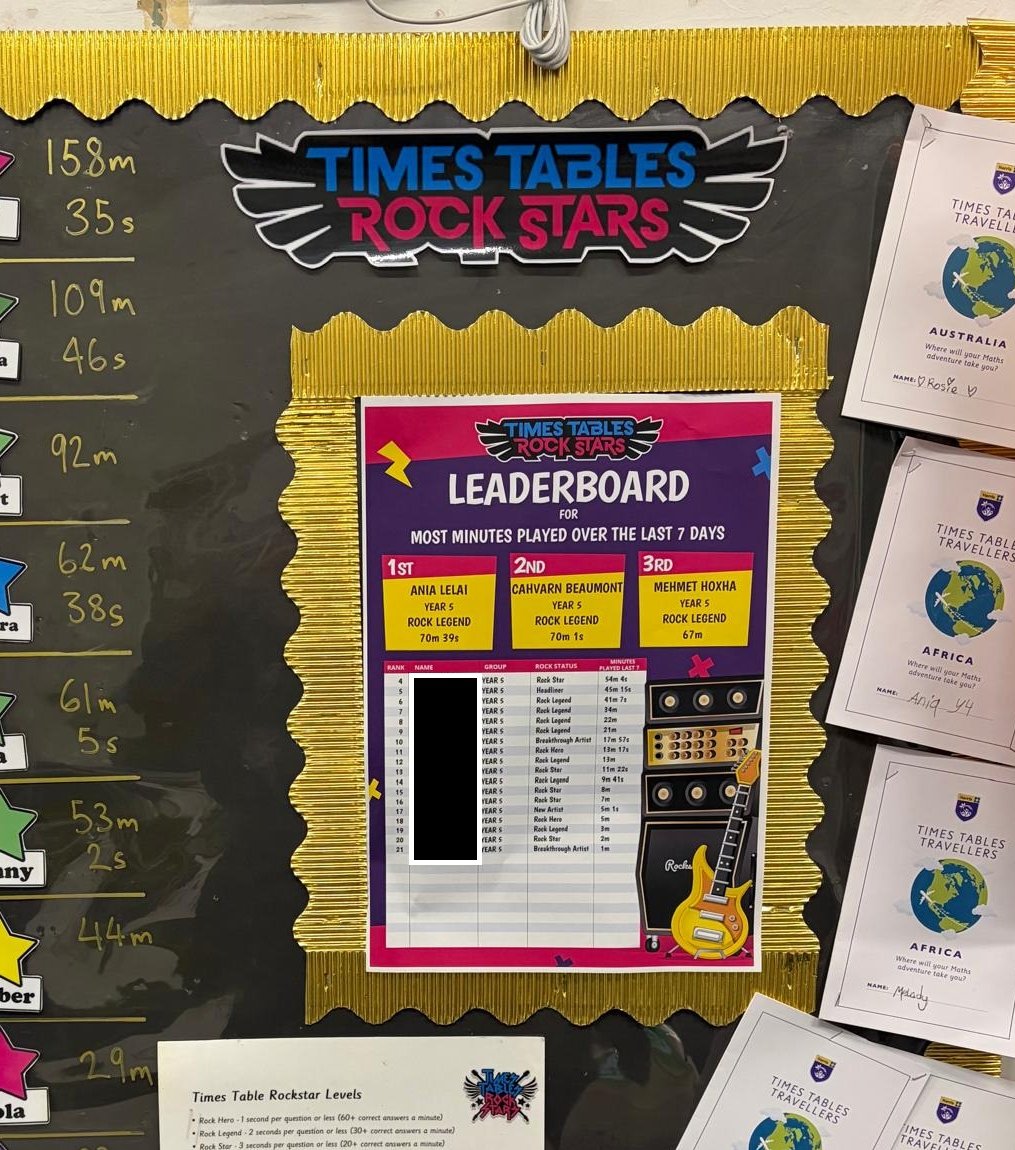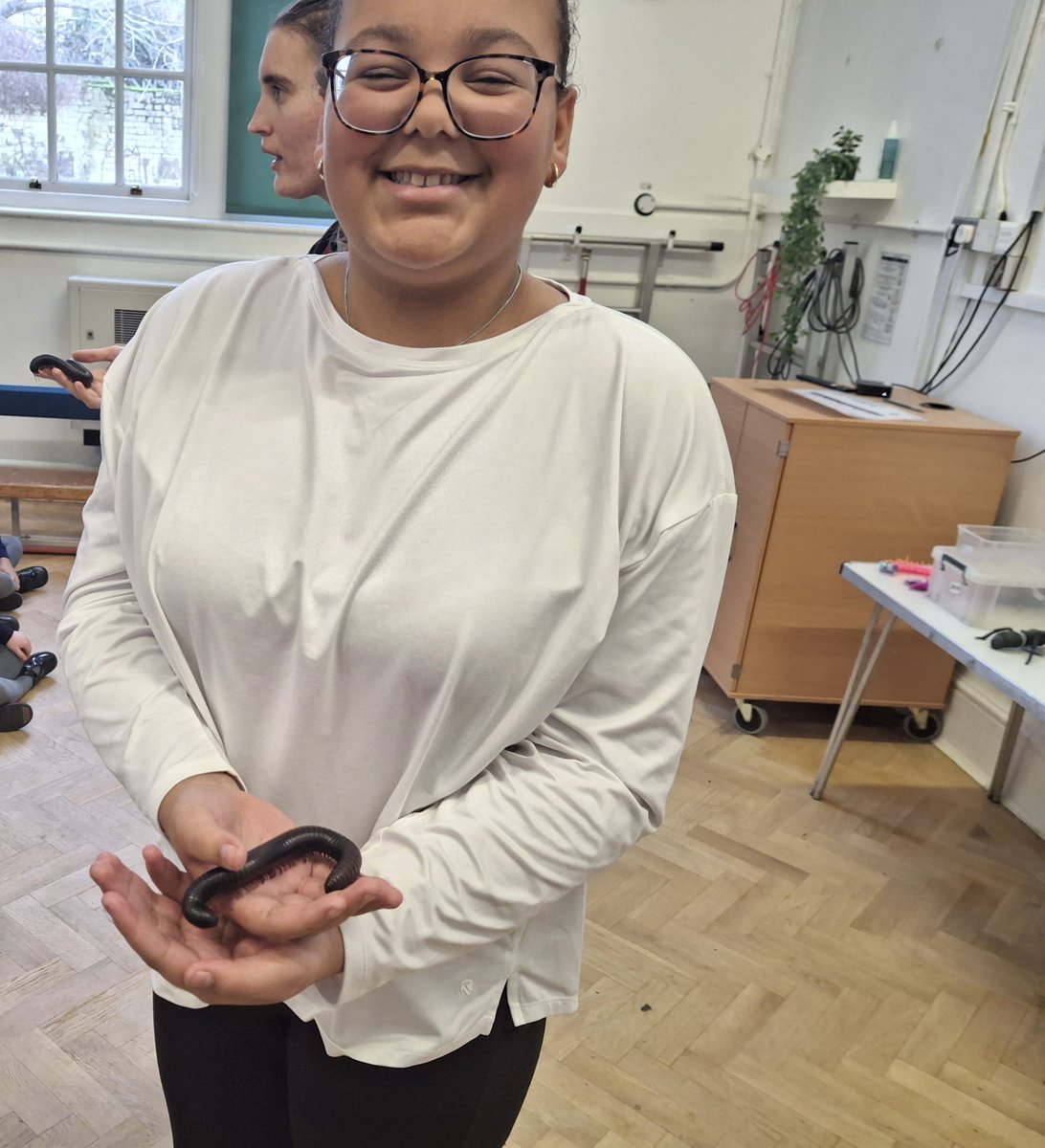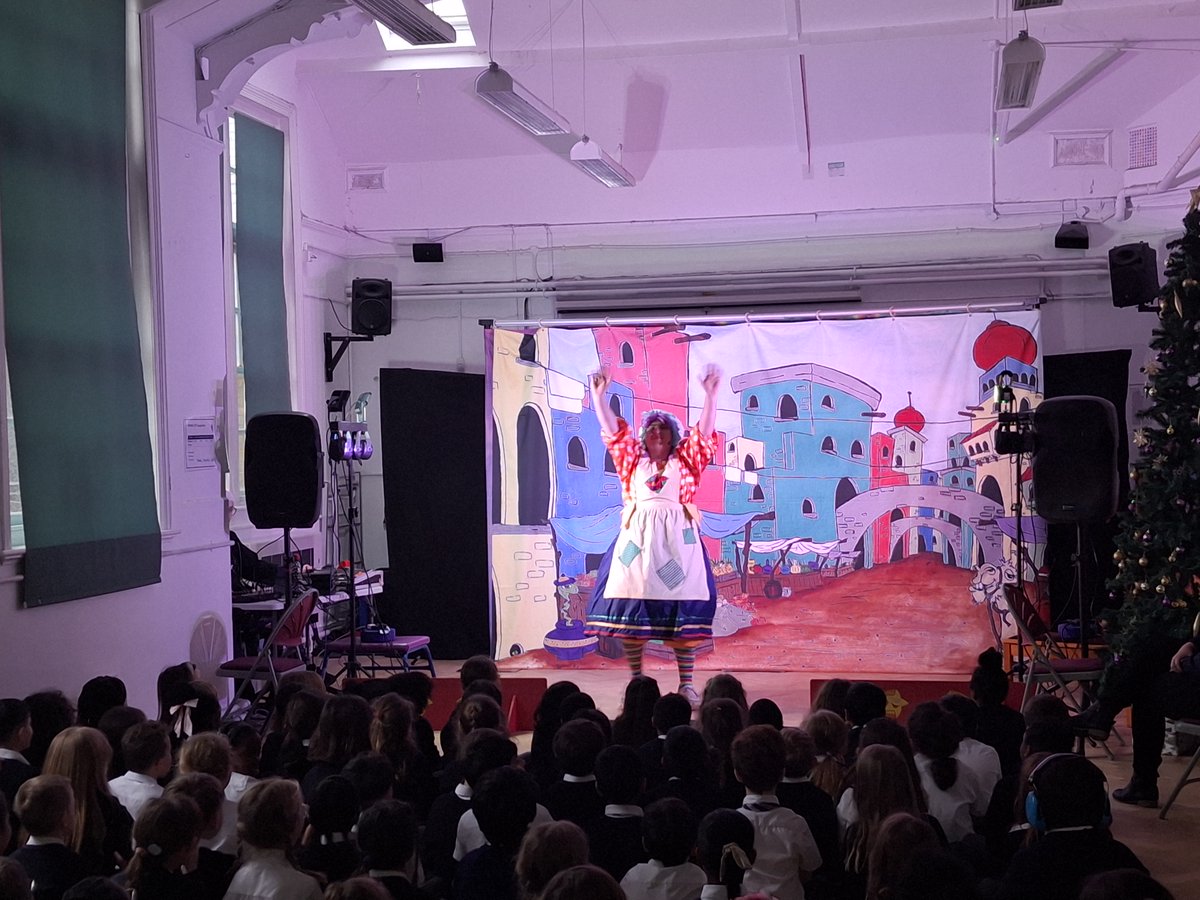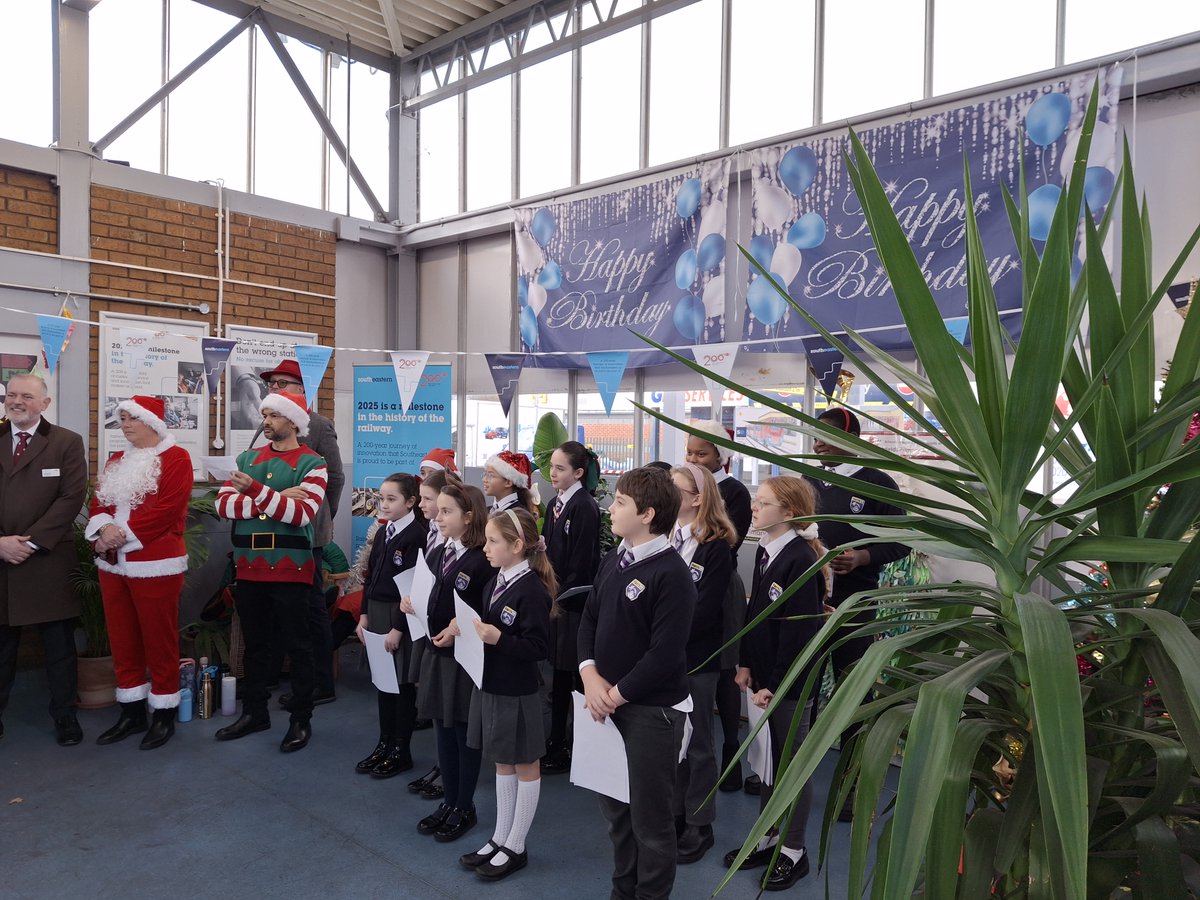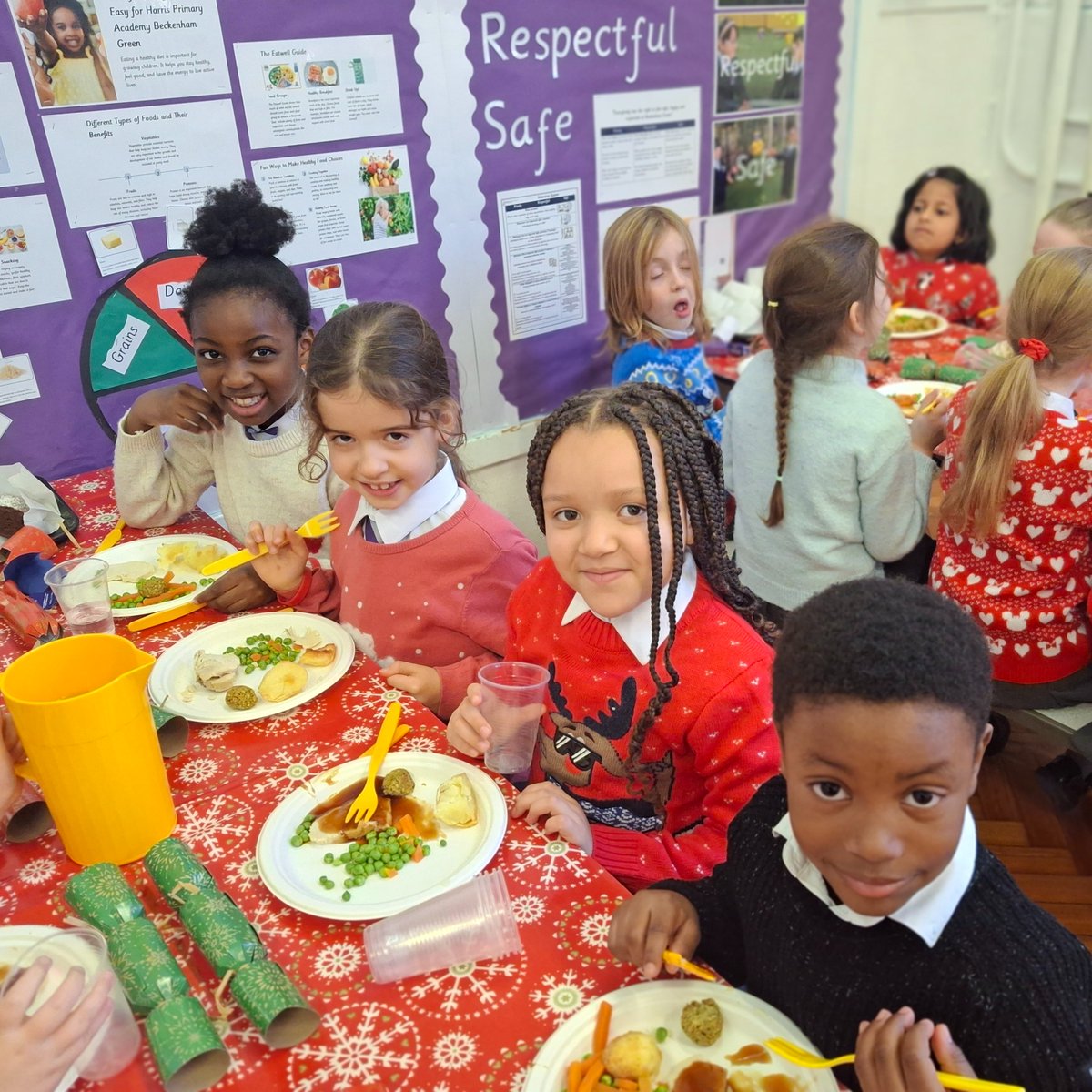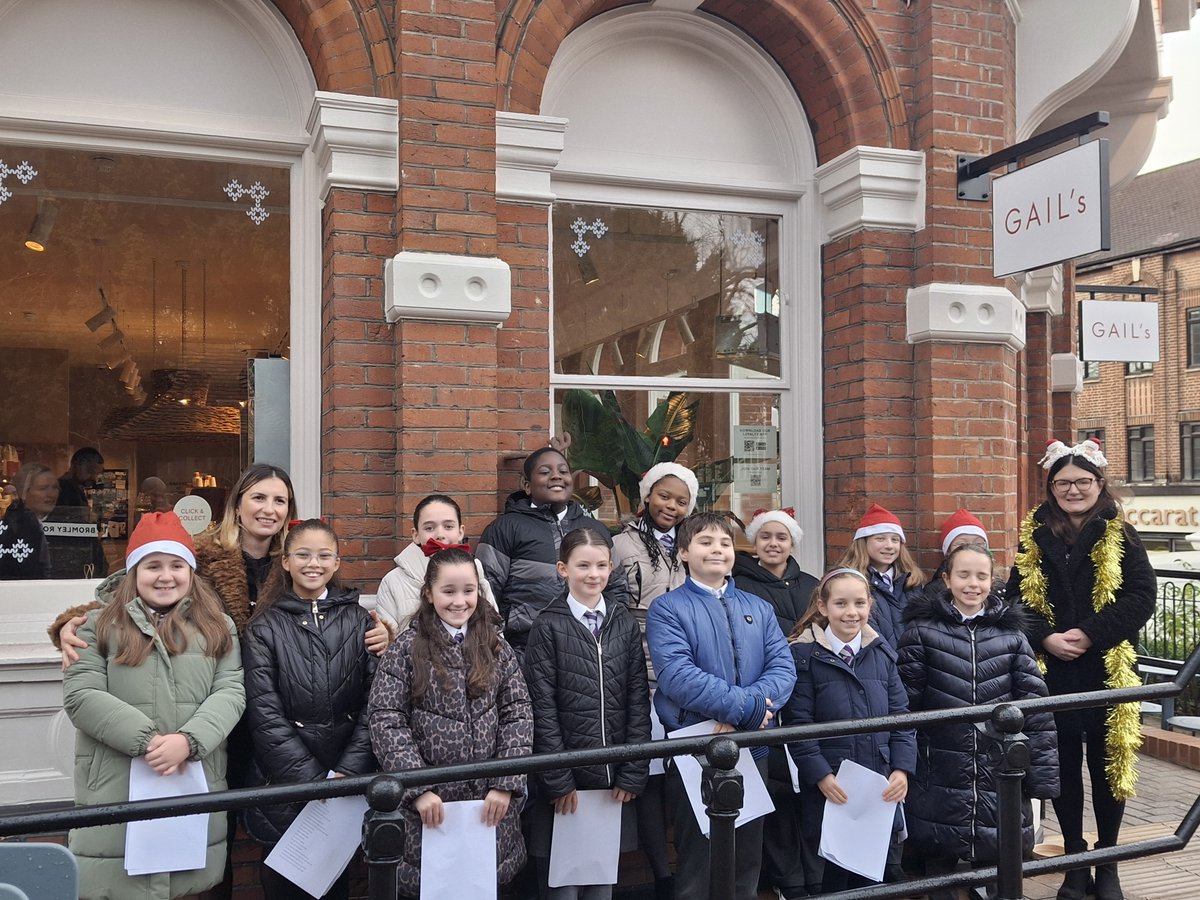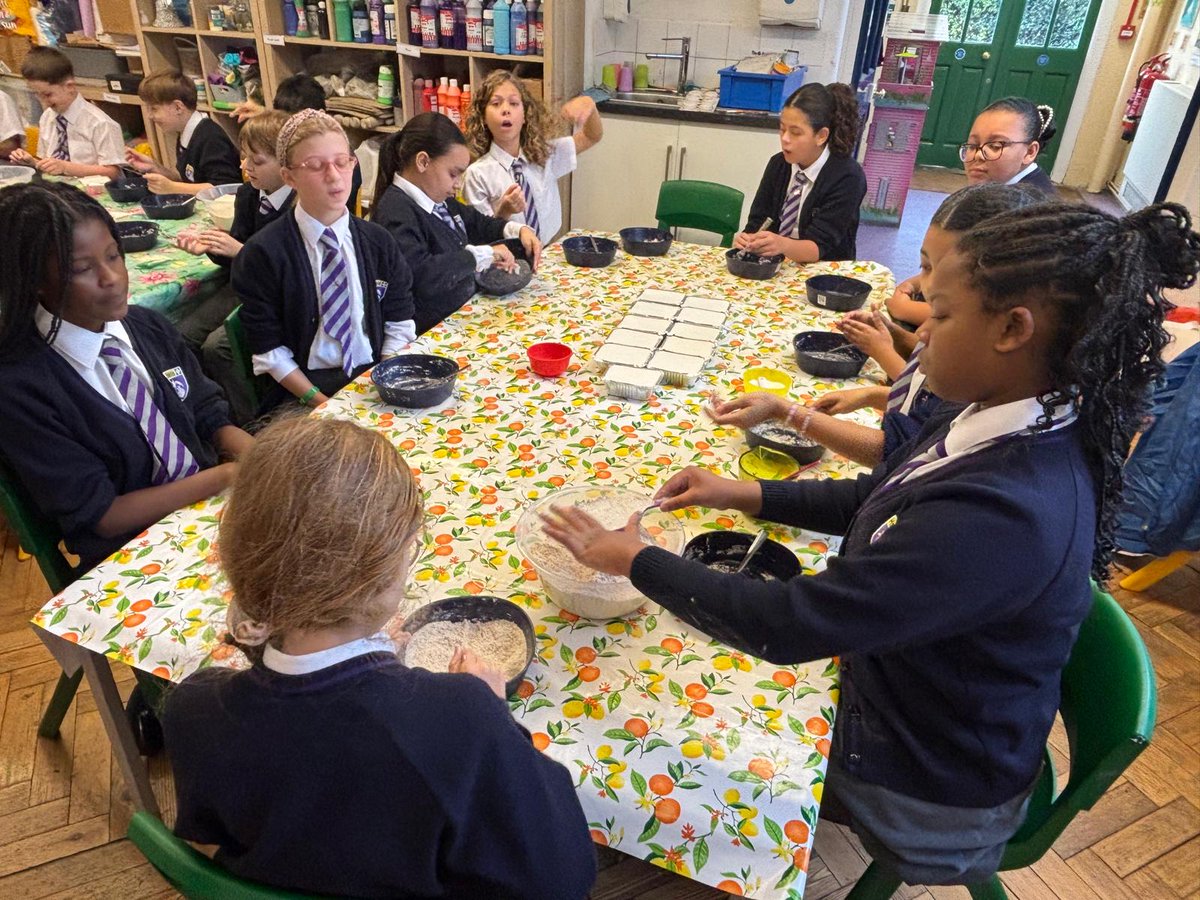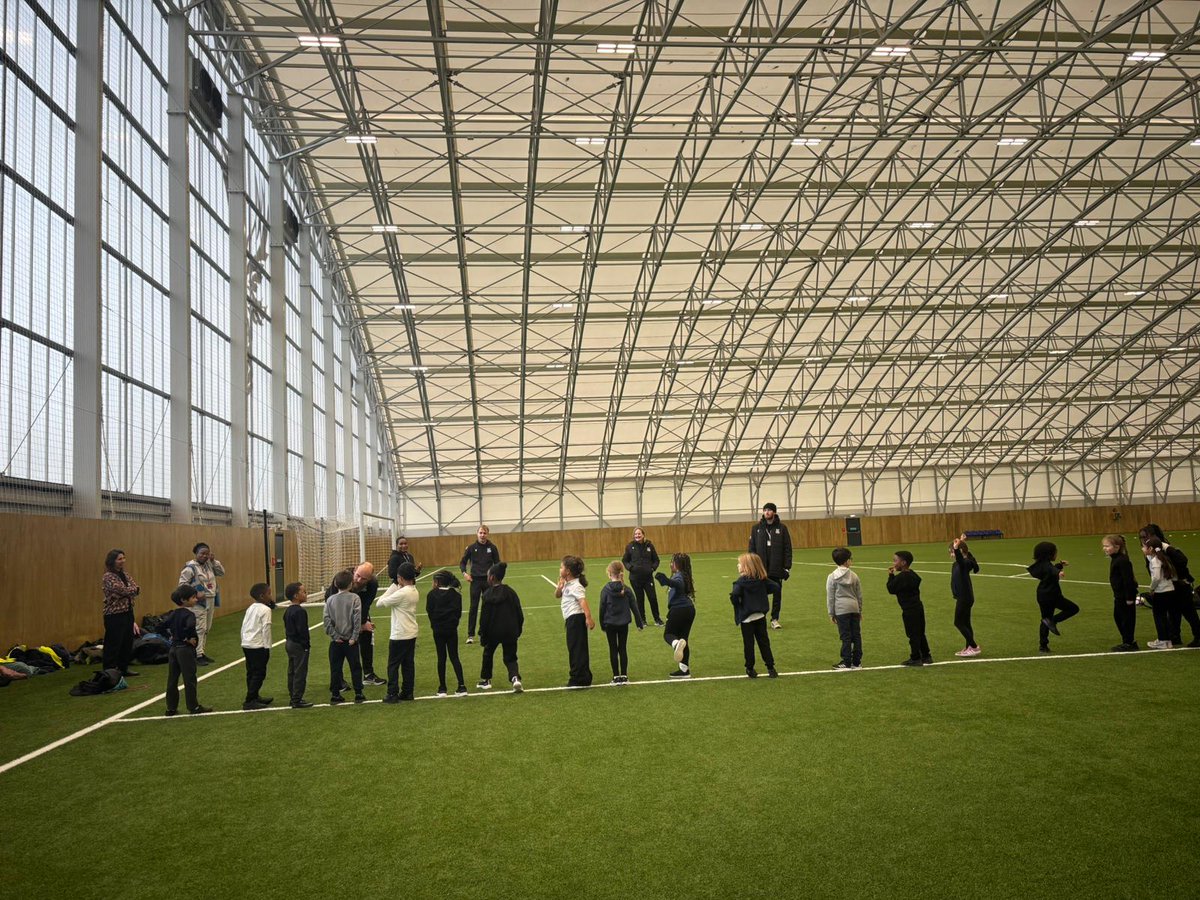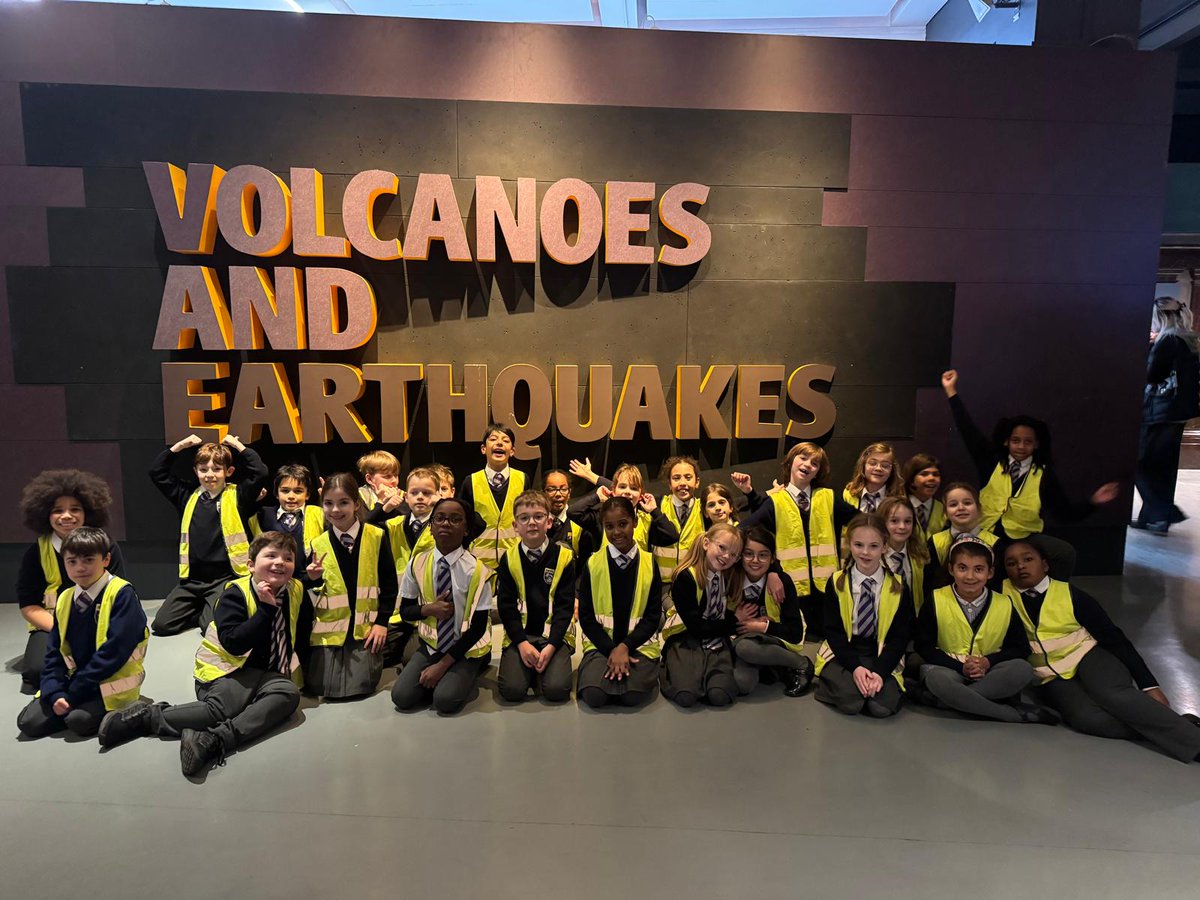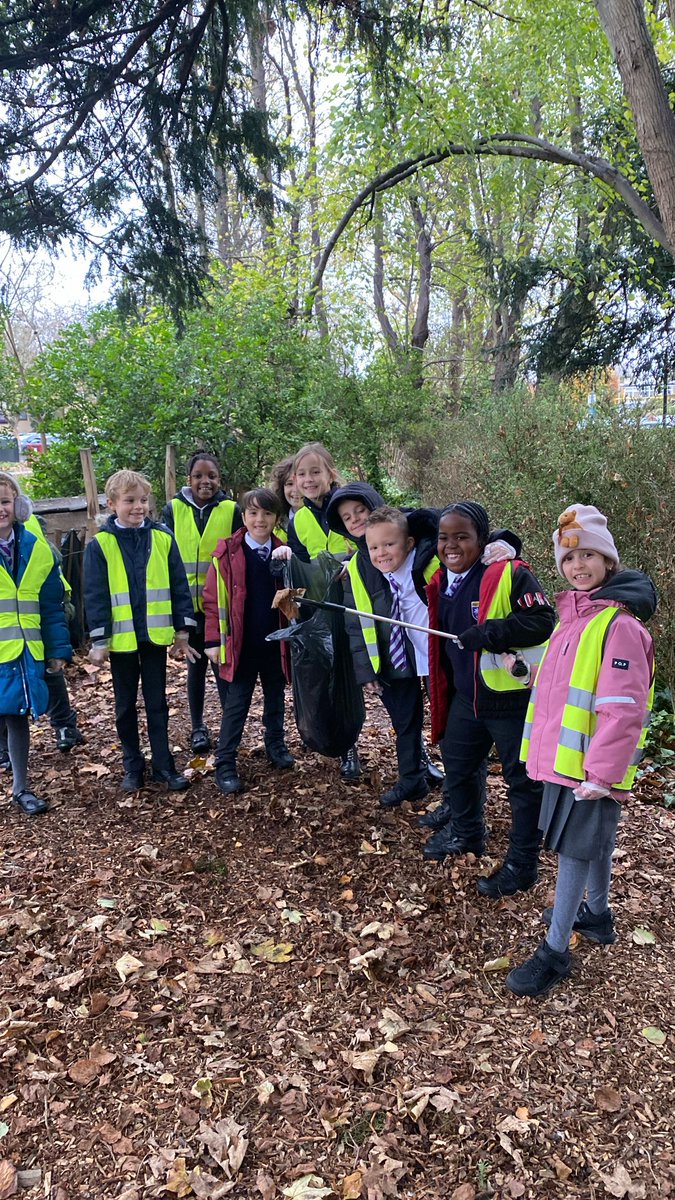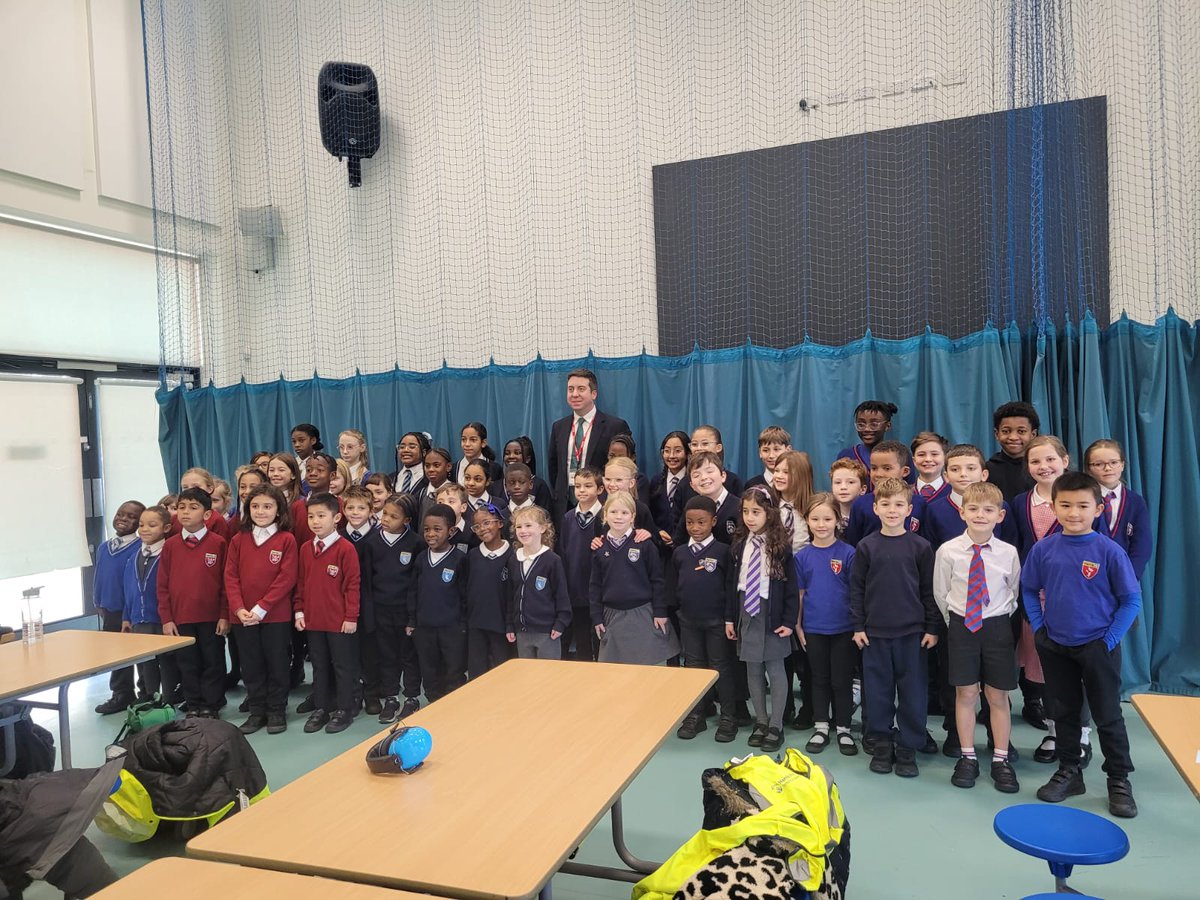RE
Harris Primary Academy HPABG RE Intent Statement
The purpose of this document is to clarify the how, why, and what of RE teaching at Harris Primary Academy HPABG. This is to be used by staff to clarify expectations, highlight the resources that we have at our disposal, and to ensure that a high-quality RE curriculum is being taught to all.
Intent: Introduction, Vision and Philosophy.
Religious Education is complex, multifaceted, and multi-disciplinary. It encompasses historical understandings of how worldviews have developed and changed, linguistic interpretations of sacred texts, sociological views, theological discussions and philosophical reasoning. It is also deeply personal and sensitive, in a way that few other subjects are.
Alongside substantive and disciplinary knowledge, children will also develop their own personal understandings and knowledge; this makes RE unique amongst our Primary subjects. Ours is an ambitiously formed Curriculum, designed to give children the substantive and disciplinary knowledge and skills to be able to thoughtfully develop this personal understanding, and to begin to think about some of the greatest questions we ask ourselves as humans; What is the meaning of life? What makes something right or wrong? What happens when we die?
Our curriculum will enable children to use the lenses of theology, philosophy and sociology to explore and understand religious and non-religious worldviews. We want to be able to challenge misconceptions and enable children to use and develop their own personal knowledge. At Harris Primary Academy Beckenham Green, we want children to be able to respectfully, and critically, understand and learn about different worldviews, and how these impact their own lives, to prepare them for the future.
Our RE curriculum aims to provide children with knowledge and skills in 3 areas:
Types of Knowledge
This course has been designed to develop students’ substantive, disciplinary and personal knowledge:
Substantive knowledge i.e. knowledge about various religious and non-religious traditions
- different ways that people express religion and non-religion in their lives, including diverse lived experiences and the complexity of the fluid boundaries between different traditions.
- knowledge about artefacts and texts associated with different religious and non-religious traditions.
- concepts that relate to religious and non-religious traditions.
- the very concepts of ‘religion’ and ‘non-religion’ and debates around these ideas.
Disciplinary knowledge- i.e pupils learn ‘how to know’ about religion and non-religion
- Theology (T) – this can be referred to as ‘thinking through believing’. It is about asking questions that believers would ask. It requires pupils to think like theologians, or to look at concepts through a theological lens. Pupils will explore questions and answers that arise from inside religions and worldviews.
- Philosophy (P) – this can be referred to as ‘thinking through thinking’. It is about asking questions that thinkers would ask. It requires pupils to think like philosophers, or to look at concepts through a philosophical lens. Pupils will explore questions and answers raised through considering the nature of knowledge, existence and morality.
- Social Sciences (SS) – this can be referred to as ‘thinking through living’. It is about asking questions that people who study lived reality or phenomena would ask. It requires pupils to think like human and social scientists, or to look at concepts through a human/social science lens. Pupils will explore questions and answers raised in relation to the impact of religions and worldviews on people and their lives.
Personal knowledge i.e. pupils build an awareness of their own presuppositions and values about the religious and non-religious traditions they study
- Pupils learn all content from their personal position which has been shaped by their individual experiences, values and sense of identity.
- Pupils should know that this personal knowledge means they bring assumptions to learning about religious and non-religious traditions.
- Pupils build personal knowledge through learning about rich substantive content which links the ‘life worlds’ of the religious and non-religious traditions and that of the pupils.
Implementation:
What does RE look like at HPABG
Overview:
Within RE at HPABG, we want our children to learn about different worldviews, including their own, building on their own experiences and on the Early Learning Goals for personal, social and emotional development, and knowledge and understanding of the World within the EYFS.
Children are taught RE weekly, and record their learning in books. Lessons incorporate discussion, artefacts, scriptures and visits.
Our curriculum is spiral-shaped, with children re-visiting concepts and ideas multiple times in order to embed knowledge. This also allows children to explore ideas at a greater depth. For example, in Year 1, children learn about the Nativity and story of Jesus’ birth. By the time they reach Year 6, children are engaging in complex hermeneutics, examining why there are two different accounts of Jesus birth in Matthew and Luke, and how they have both used a shared source, “Q”.
In their learning, they will be exposed to the three types of knowledge in RE:
- Substantive Knowledge – Knowledge about various religious and non-religious worldviews: The Qur’an is the holy book of Muslims, most Hindus believe in Karma
- Ways of Knowing – Children will learn how to “know” about religious and non-religious statements: How do Christians interpret Genesis? How do philosophers decide what is right and wrong? How does the caste system impact on society? These ways of knowing are taught alongside and through the substantive knowledge.
- Personal Knowledge – Children will build an awareness and knowledge of their own beliefs, assumptions and values.
The units are carefully sequenced so that children’s learning builds on prior learning, and concepts are introduced in an order which enables children to understand and grasp complex ideas. The lenses of theology, philosophy, and sociology are used to explore the substantive knowledge.
- Year 1: We begin by looking at a concept very familiar to young children – new life. Children will learn about different traditions and practises, before developing their own personal knowledge. This will lead directly into a more specific case study, focusing on what made Jesus’ birth special. In Spring Term, children will learn about their communities (tying in with their History and Geography learning), and about how different religions develop and promote their community. Children will have been exposed to religious celebrations, and sacred buildings in Nursery and Reception, so will have prior knowledge to support this. In summer term, children will apply religious teachings on morality, before exploring the complexity of hidden meanings within stories.
- Year 2: Year 1 will have given a good introduction, overview, and general view of the religious and non-religious worldviews we will be focusing on. In Year 2, we then begin by diving into these worldviews in more depth, starting with the most fundamental belief points of each religion, for example: The 5 pillars, Eightfold Path, Dharma, and Relationship with God. This will set children up well for future learning. Summer 1 deepens thinking about Christianity and asks what is “good” about Good Friday, where children will be exposed to deeper theological questions than they have before. Children will finish the year off by reflecting on their own context, personally and locally, and summarising their understanding of religion.
- Year 3: Year 3 moves on from the fundamental belief points, to discuss ethics and morality; how do people know what is right and good? Children require the Year 2 understanding of the fundamentals before going into more depth. This then ties into Summer 1 which asks them to pull these thoughts together, reflecting on the Golden Rule. The Year ends by reflecting on how different worldviews, including non-belief, approach morality, which will synthesise all their learning this year.
- Year 4: Year 4 focuses on Deities. We introduce this later, as the concepts are deceptively complex. How is Trinity different to Trimurti? How can a religion not have a deity? Children will be able to explore how metaphor is important in understanding the Hindu God/s, in comparison to the literal Greek, Roman and Egyptian “gods” they will have learned about in History. Children will learn more explicitly about non-belief, and what this can look like. Children can then use this understanding of Gods and creators to discuss and explore differing views on the beginning of the universe.
- Year 5: By year 5, children will have built a good foundation of knowledge. They will have been exposed to theological, philosophical and sociological ways of knowing, and are ready to go into even more depth. They begin by making links between the three Abrahamic religions; this will serve them well in later life, when understanding broader historical and geographical themes. We then explore the complexities of how religions are not monolithic in belief and understanding (they have been made aware of this through our use of “most” “some” and “many” in previous units). A second unit on non-belief will provide a more specific case-study. In the summer term, children will look at the application and impacts of differing worldviews. They will learn about religious views on the environment, which links well with their Geographical unit on the environment at the same time. They will also look at some of the more contentious issues of religion, through a sociological lens, carefully and sensitively guided to avoid misconception
- Year 6: Year 6 is the culmination of their learning, and subsequently approaches the most complex units and ways of knowing. Children will undertake scriptural hermeneutics, and really think about what we know and how we know. Children will be able to do this for Islam and Christianity, having spent proportionally longer on these two worldviews. In Summer term, children will work on transition units to KS3, being exposed to two of the biggest questions in RE. We hope that by Summer 2, children will be able to have fun with, and enjoy the enormity of the final question “What is the meaning of life?”
The units taught are as follows:
KS1
KS2
Impact
Evidence and Assessment
At HPABG children have the opportunity to record their learning in a variety of ways, which is recorded within their RE books. Evidence of the learning is dependent on the lesson outcome, year group and the knowledge and skills being developed. This can be in the form of: extended writing, photographs of practical activities, tables and charts, speech bubble comments relating the learning.
The start of every lesson includes a “Knowing More and Remembering More” quiz, where children answer 4 questions based on prior learning; this is an opportunity for children to practise their knowledge, but also for teachers to assess and identify gaps. At the end of the lesson, children then answer a few short summary questions, again, to help ensure learning has happened, and identify any gaps.
At the end of each half-term, children take a short “Low Stakes Test” which is a multiple choice quiz covering that half-term’s learning. Teachers then use this to inform future planning and learning.
Subject leaders will conduct learning walks and pupil interviews to measure the impact of our teaching, based on how much children can remember.
Subject leaders will meet with their counterparts from our other cluster schools half termly and will moderate the planning, work and monitoring outcomes from their setting to ensure that standards are exceeding the expectations of the National Curriculum.
Curriculum Development:
At HPABG we follow a Federation scheme of work which has been developed collaboratively with Secondary colleagues, taking into account, and following:
- The (non statutory) Religious Education in English Schools Guidance (https://assets.publishing.service.gov.uk/media/5a7adb3ce5274a34770e7953/DCSF-00114-2010.pdf)
- The Religious Education Council’s National Content Standard https://religiouseducationcouncil.org.uk/resource/national-content-standard-1st-edition-2023/
- The National Statement of Entitlement
- Local SACRE guidance
Documents
| RE Overview 2025 26 | Download |
